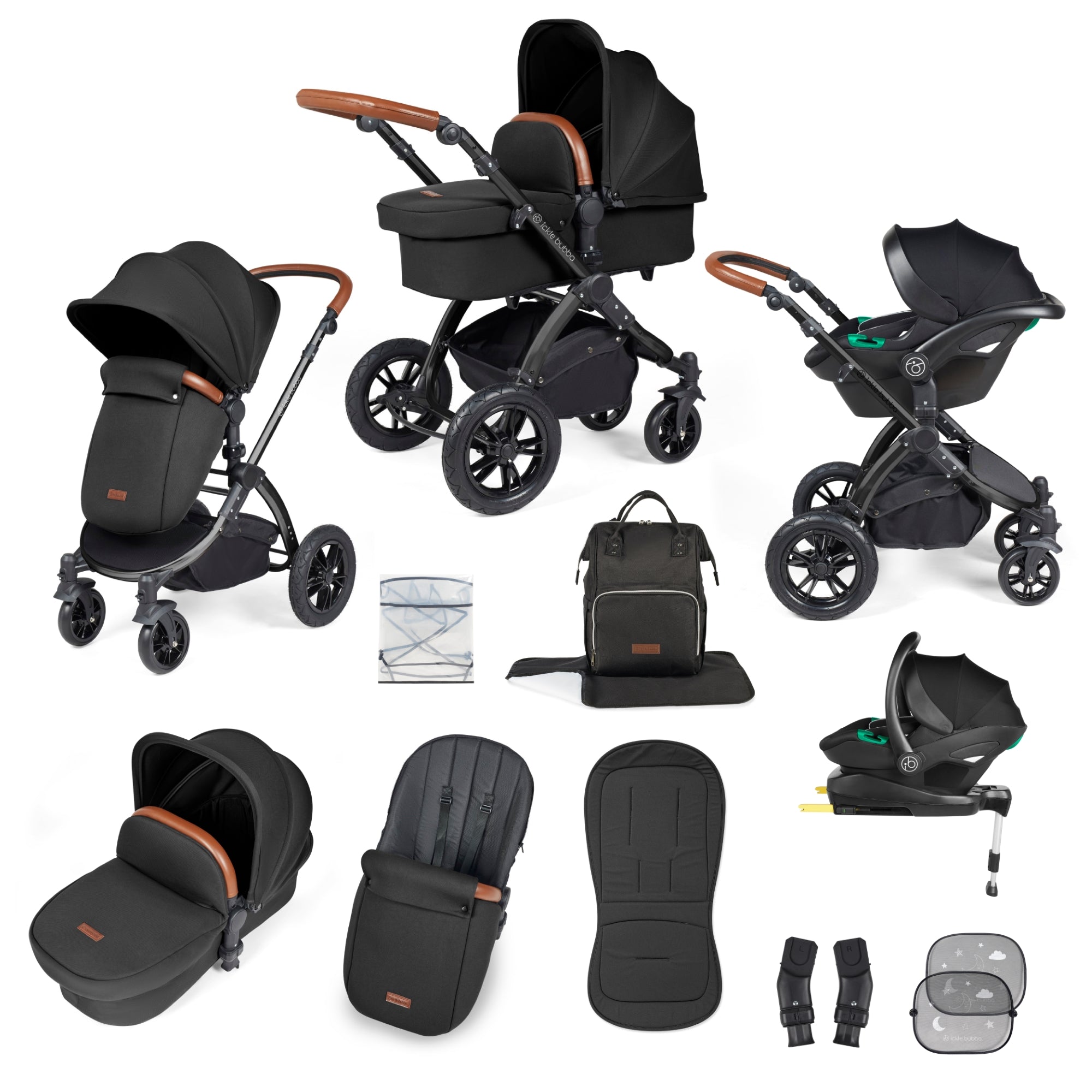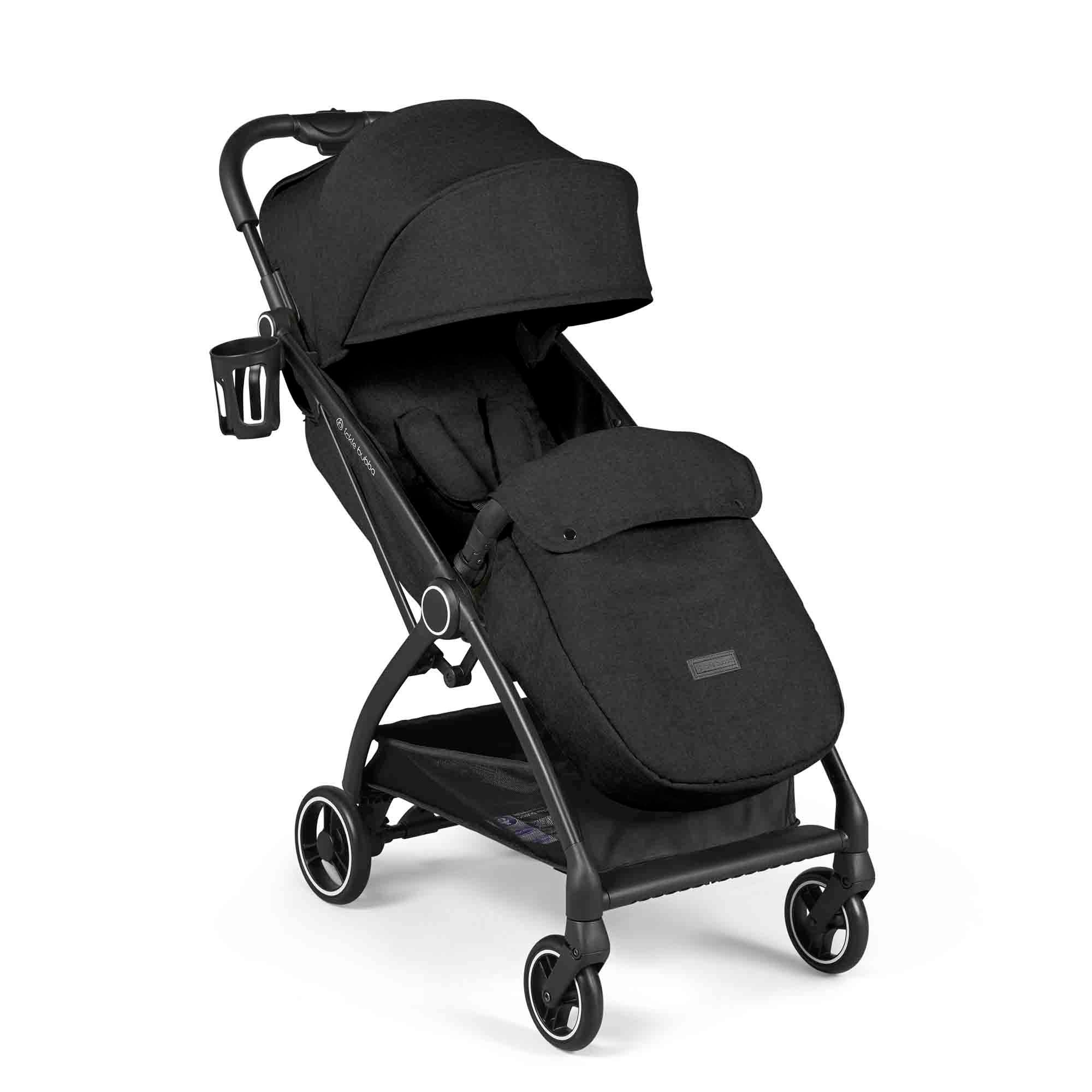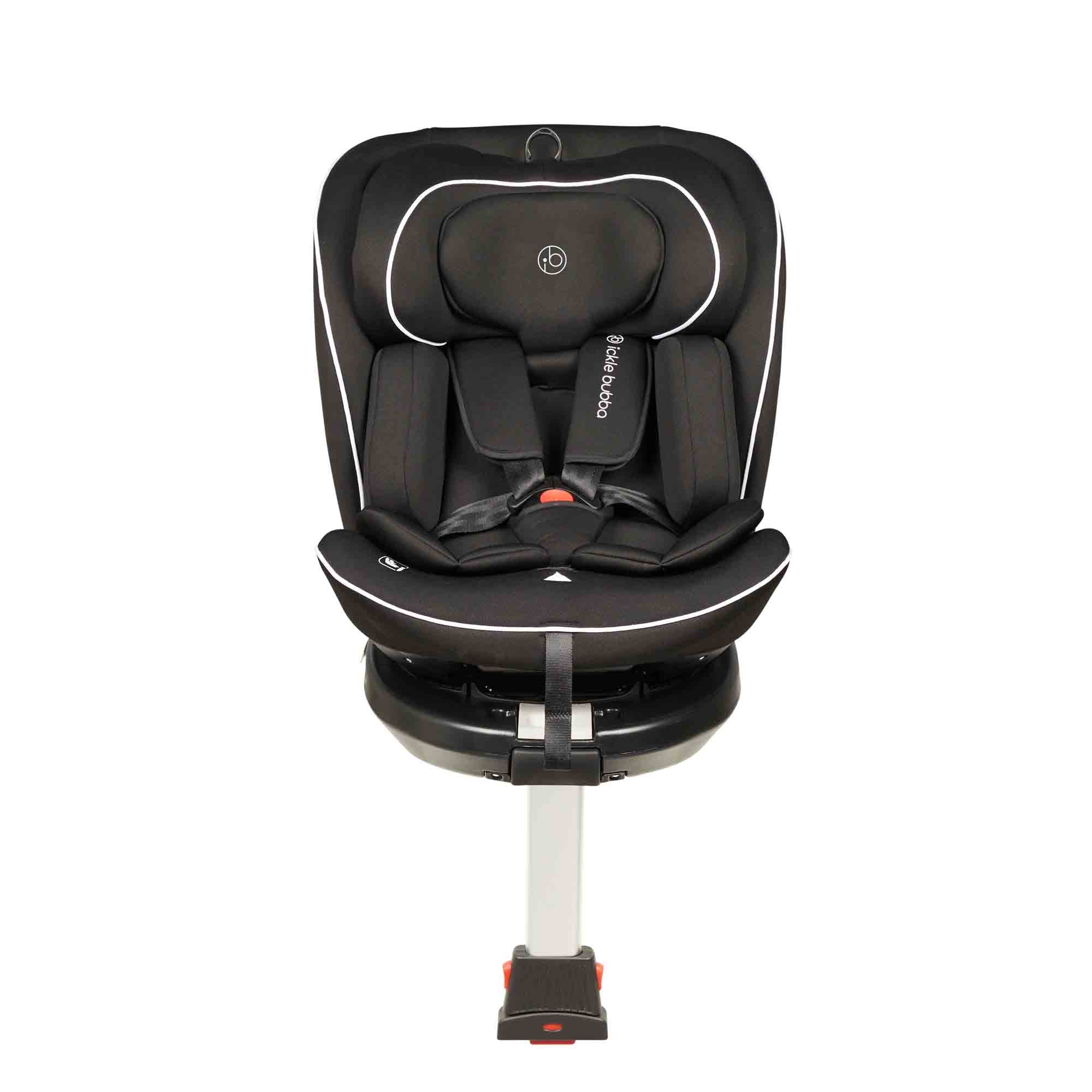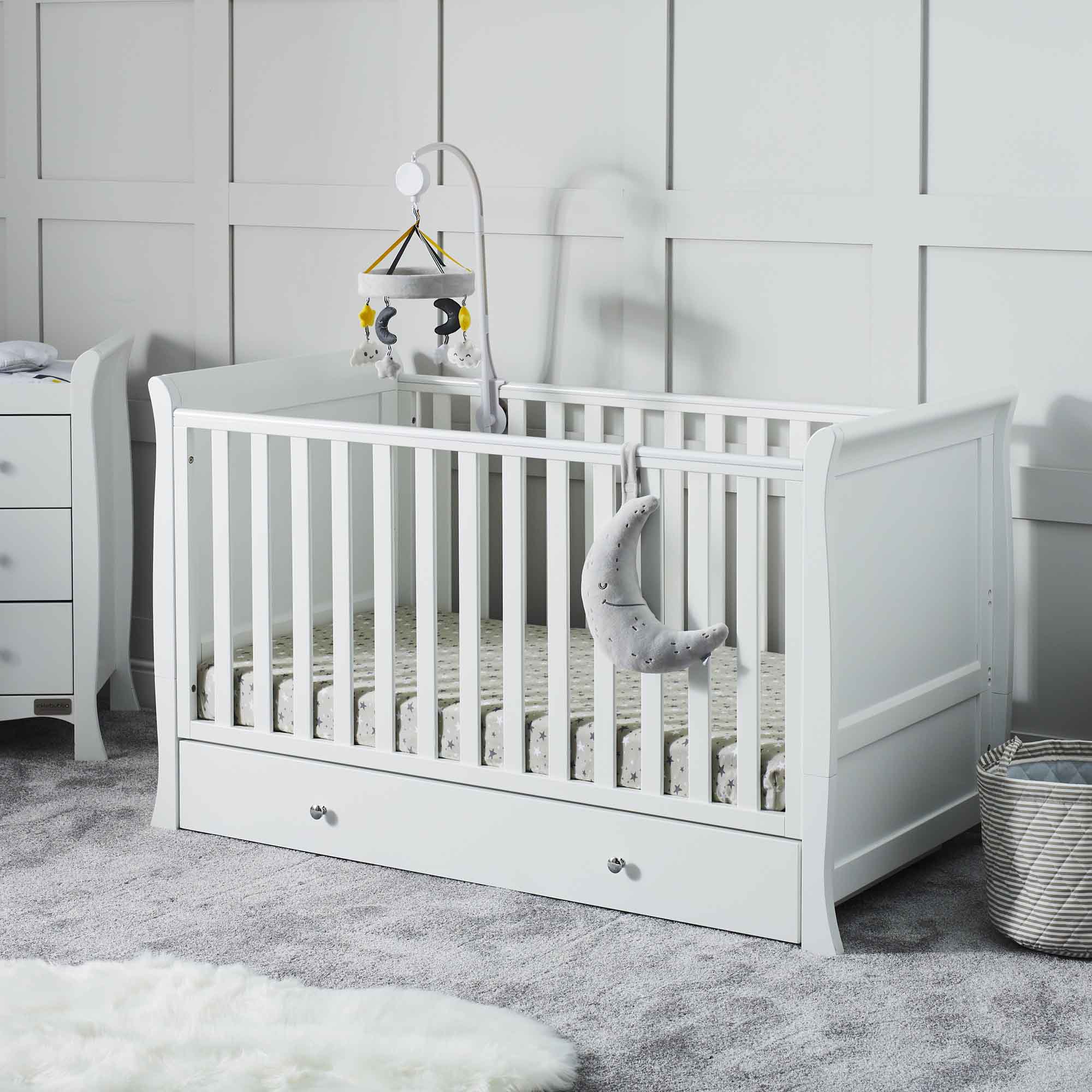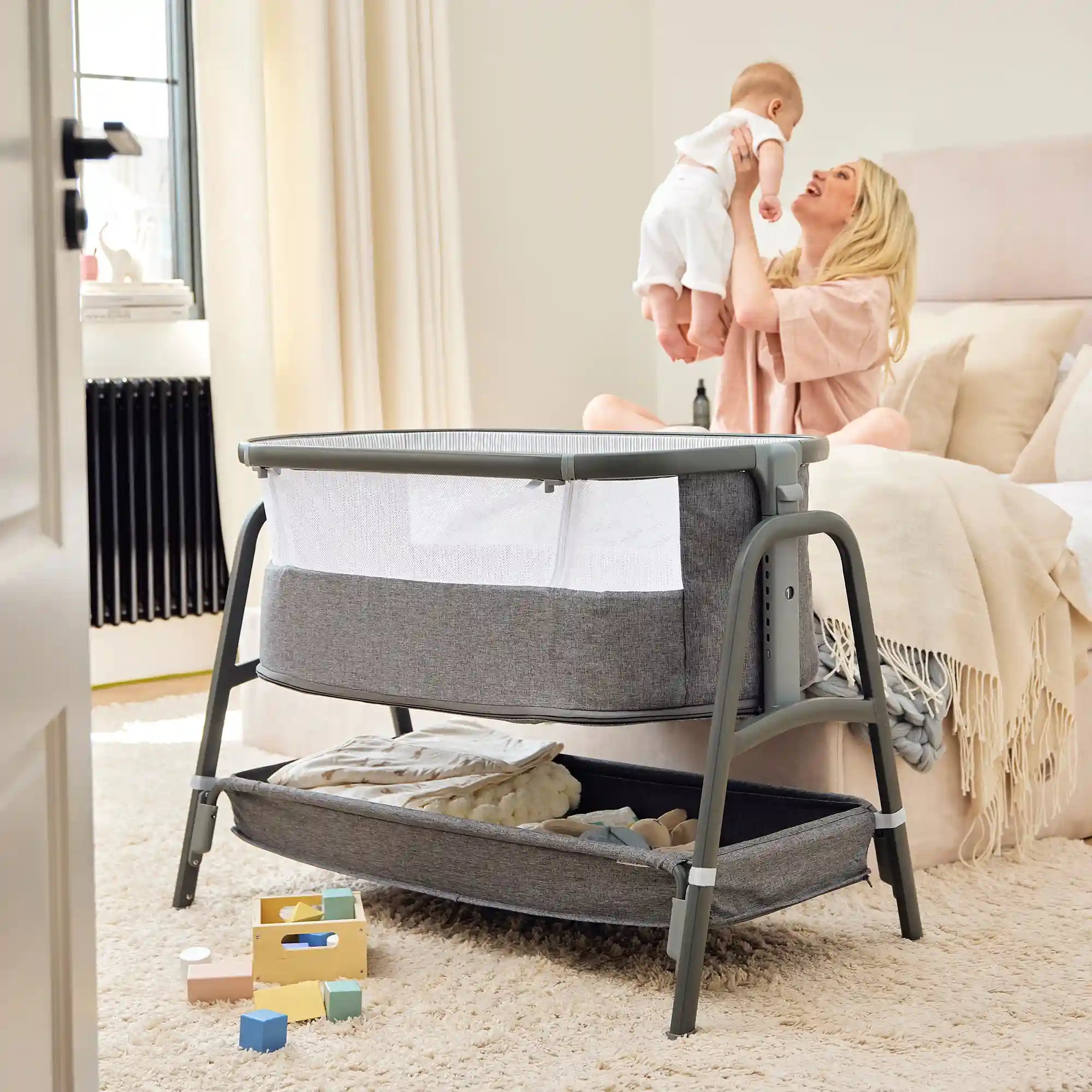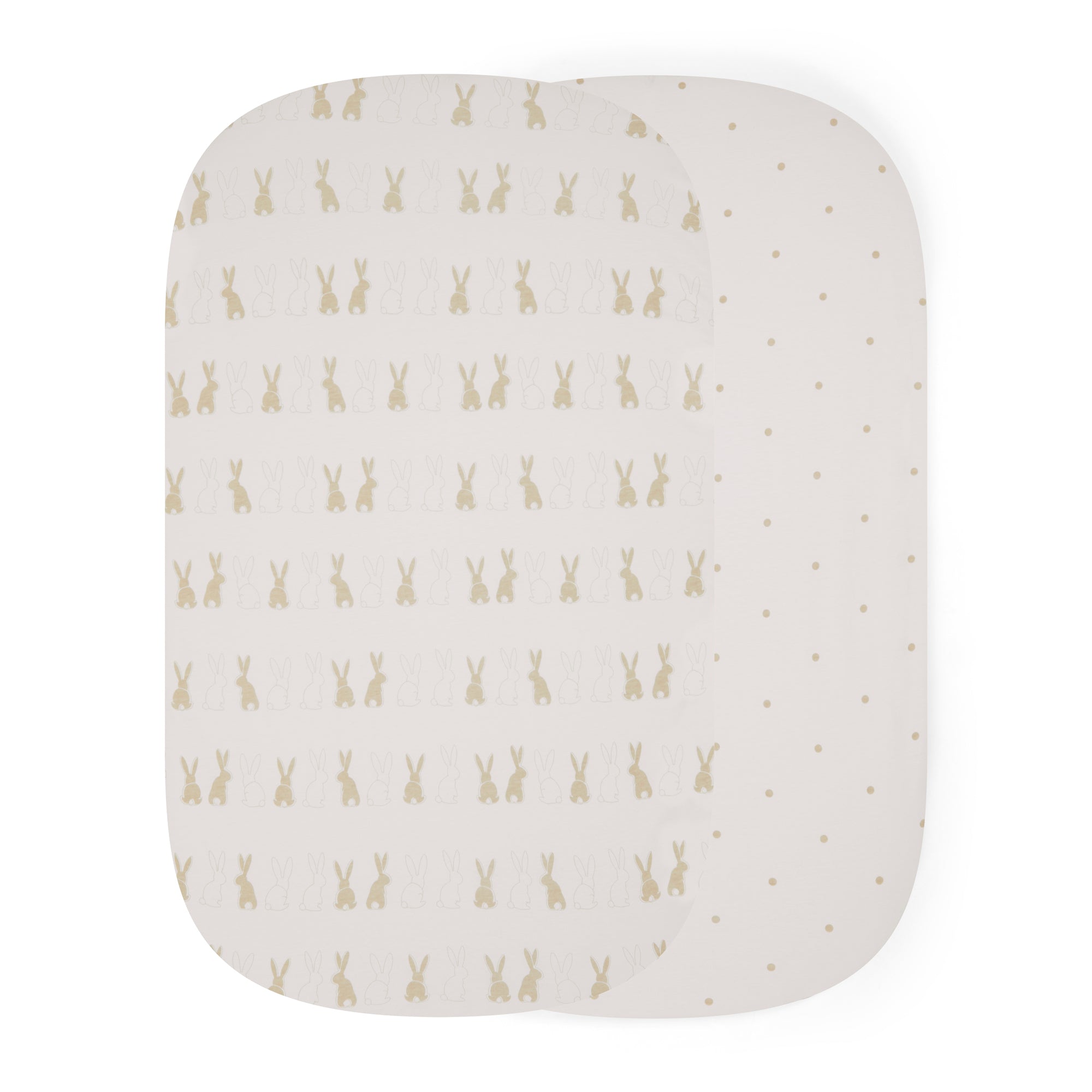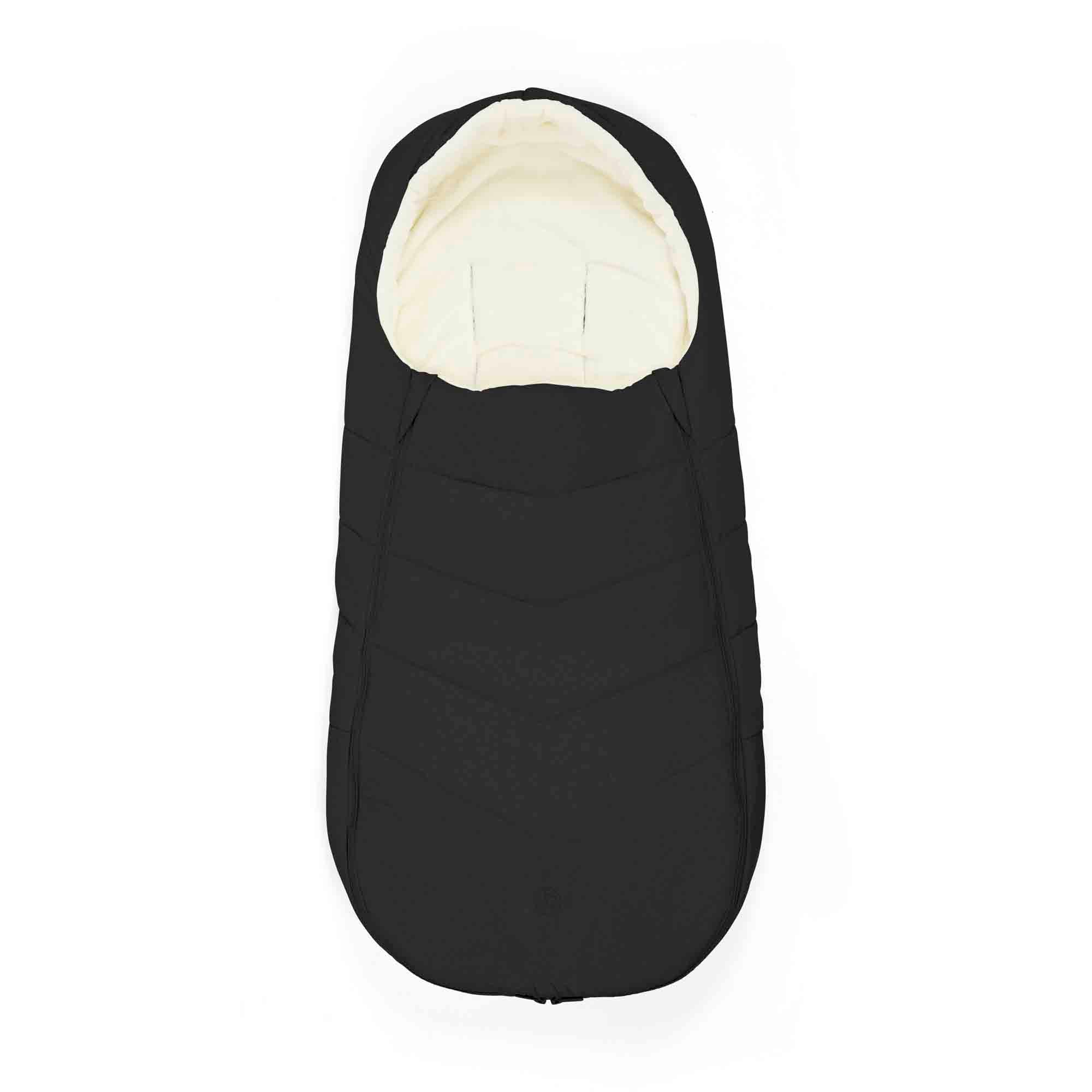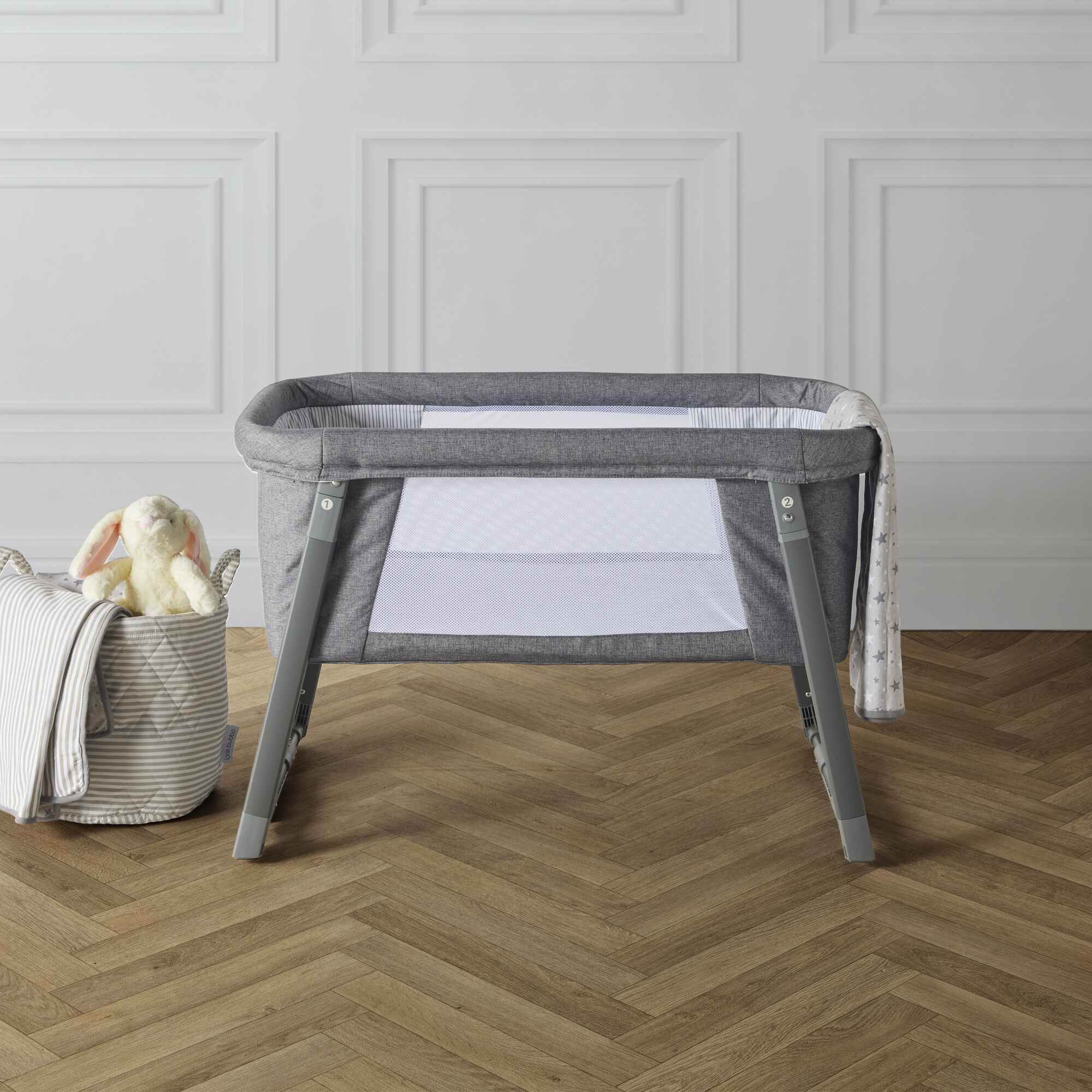Surrogacy: Building a Family
Interview with TwoDadsUK
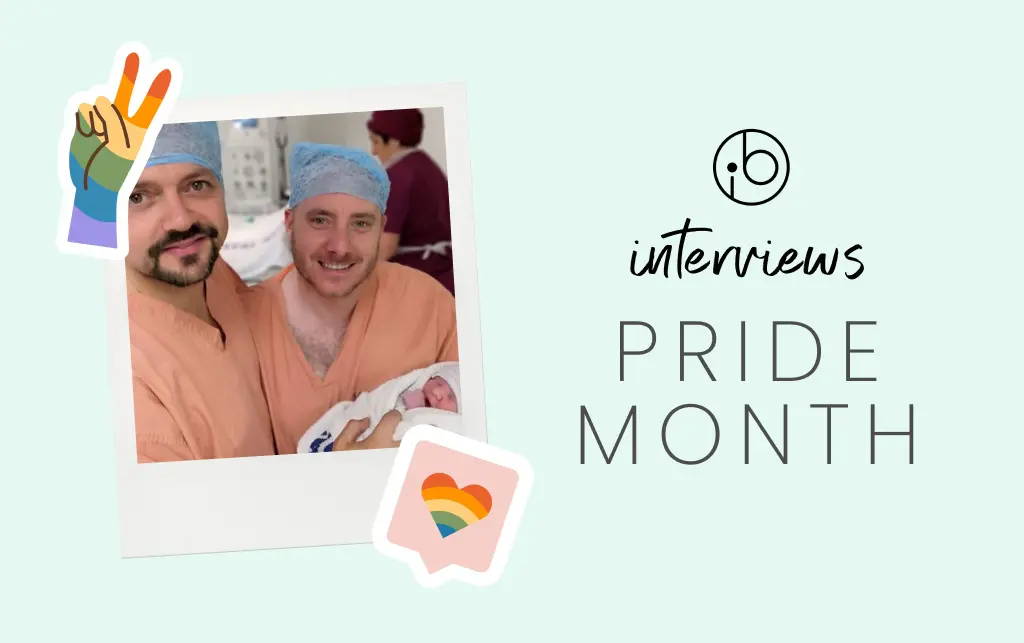
To mark Pride month but also continue our conversation around alternative conception and ways to build a family, we caught up with Mike, who is one half of TwoDadsUK. He and his husband Wes have three children and over the years, they’ve worked hard to help other same sex families. They’ve set up The Modern Family Show, which is the UK’s only parenting event aimed at the LGBTQ+ community and have also founded My Surrogacy Journey, which is a support organisation aimed at helping both intended parents and the gestational surrogates.
Clearly a busy guy, we were thrilled to chat to him about his own surrogacy journey and learn more about how others can explore their own surrogacy options.
Watch the interview or read the transcript below:
Can you share what inspired you to set up TwoDadsUK, where it all began?
Sure. Me and Wes met 10 years ago at Pride in Birmingham, and we now live in Worcestershire. I always wanted to be a parent and was desperate to be a dad. When I met Wes, he was single and had a seven year old daughter from a previous same sex relationship, which I loved. We then got to know each other and quite early on, I made it quite known that I wanted to eventually be a parent. It was really important to me that the person I was with wanted that because my previous partner didn’t and so I wanted to make sure that time was spent wisely and that I could achieve what I wanted to achieve and raise children with someone that wanted them as well.
We decided to embark on surrogacy, and we have two children, Talulah who’s five and Duke who’s two, through the help of our incredible surrogate Caroline and we had two separate egg donors.
What was quite clear when we began our journey was the lack of support, the healthcare system wasn’t equipped for gay people having children through surrogacy in the NHS. People didn’t understand surrogacy generally so we had to spend a lot of time educating people and it’s fine, but it was obvious there was a big piece of work to do around the law and policy.
We set up TwoDadsUK to do that and it just went off like a bit of a rocket really. Initially the platform supported gay men who wanted to build families through surrogacy and then it just evolved and grew legs.
So, you guys were the pioneers really!
That’s lovely to say. I think what me and Wes are really good at is when someone says to us, ‘no, that’s not possible’, we’re like, well hang on a minute let’s just look at that. How can we make this work? That’s what we like to try and do. We’ve all got to use our platform as best as we can to make a change in my opinion and so that’s what we did.
As you’ve just said, information on surrogacy wasn’t as readily available as it is now. When you started your surrogacy journey, how did you know where to begin?
I guess like most people when they start fertility treatment, I dove into Google and that was a mistake because it was worrying and there were all sorts of stories and misconceptions of surrogacy. We made a lot of mistakes. Trying to find the right clinic; look at how you find a surrogate or an egg donor. The support was really lacking because the organisations that existed back then were quite limited. There were only 3 organisations that existed that could support a surrogacy journey but none of them were accepting new intended parents at the time so that meant we had to go about this alone and do what’s called an ‘independent journey’. That meant that we muddled our way through on our own with very limited support and that’s why we realised there were several gaps there. We fell down some of those cracks and we didn’t want others to do the same so that’s why we then later created My Surrogacy Journey.

Did you always know you wanted to go down the surrogacy route?
Yes, always. I’m not ashamed to say that adoption wasn’t a decision or an option for us. We just didn’t look at it. Surrogacy was always the way we wanted to family build and I kind of make no apologies for that, that’s what we wanted to do. Heterosexual people don’t get questioned about their family building options. Often people do question us and I’m of the opinion well, I don’t ask a heterosexual person, why haven’t you adopted? That’s why I’m adamant that surrogacy was right for us and that’s why we chose it. I also don’t think I’m strong enough to do an adopted journey, it’s really gruelling and tough so I admire anyone that goes through it.
You mentioned Caroline, your gestational surrogate before and your two separate egg donors, can you tell us more about those?
So Caroline was our gestational surrogate which means she wasn’t genetically linked to our children, but she carried both of our kids’ full term and then we had two separate egg donors because we make mistakes. This meant that our children aren’t genetically linked which at the beginning was devastating but we very quickly realised that it’s not the genetics that actually matter. But that was something whereby we made a huge mistake in the beginning, and we try and educate people better when creating embryos to try and do all of that in one go if you can.
How did you find Caroline and with the egg donors, are they anonymous?
With the egg donors, one is anonymous, and one is known to us. As for finding a surrogate or Caroline, in our case, a lot of people look at finding your surrogate quite similar to dating really. Obviously, surrogacy is built on trust and friendship in the UK so it’s important that you’re all on the same page and you get to know each other, don’t rush into it.
We obviously wanted someone who wanted to do this on their terms and wasn’t pushed or coerced into it because that’s not what surrogacy is anyway in the UK. It was about us all being aligned as humans and as friends because she’s going to be in our life forever. We obviously wanted someone that was kind. It didn’t matter where they were from or their background. She had her own children and she’d completed her family so that was important to us because we wanted to make sure that all of those potential risks were covered off. She wasn’t from where we live, she was based up North.
Caroline messaged us actually. She reached out to us and said she liked our story and would love to chat; I’d love to be a surrogate and we just took it from there. We spent about nine months building a friendship up before we began treatment, which is a lot longer than most people do. We all just wanted to be very sure but we all quickly fell in love with Caroline and her husband, and it was clear that she was the one to help build our family.
And do you still keep in touch with Caroline now?
Yes. We’ve got the same WhatsApp group we’ve always had, and she sees the kids three or four times a year, for birthdays and Christmases too. She’s massively involved in our life.
While you were getting to know Caroline, was there anyone that got involved from a professional point of view to provide emotional support and prepare you for how you might feel as you embarked on the pregnancy and emotions you guys might feel?
No. You have implications counselling through your clinic if you do gestational surrogacy, but we were doing independent surrogacy as well so apart from implications counselling, we had nothing. That was one of things that prompted us to do more around counselling because when you’re also a non-biological non-birthing parent, that’s a whole cluster of issues that no one prepares you for.
Both me and Wes struggled independently with separate pregnancies when we weren’t biologically linked because people hadn’t prepared us for what that was going to feel like. How excluded you would feel or how improper language would affect you. A healthcare professional might refer to you as, ‘well you’re not the real dad’ – these were all things that happened to us. When you hear that and you’re already quite sensitive to it, for me it took me down a very dark path soon after Duke was born.
Again, no one prepared me for that so when we created My Surrogacy Journey, all of our intended parents and surrogates and their partners get ten hours’ worth of BICA accredited fertility counselling that guides them through the entire journey both post-transfer, pre-birth and post-birth.
It messes with your mind, and no one prepares you for parenthood anyway, but no one prepares you for surrogacy, and especially when you’re not genetically linked to the child - it’s a real challenge.
Even though both of you had your different struggles, was it hard to admit those feelings to each other?
Yes. Me and Wes never spoke about it to each other. It wasn’t until Duke, our two year old, was born that I said, I need help, I need to talk to my doctor because I feel really low and I’m resenting this pregnancy and this child and my marriage. I felt awful saying it but no one was talking about male postnatal depression and I really struggled. I would be triggered by people telling me that Duke looked like Wes and that’s gorgeous because he does and that’s my son, but I was really hurt by the fact that he didn’t look like me and I would over compensate by telling people that I was his dad as well. I was saying this to our friends who already knew this so they would look at me like I was going crazy. They were like, we know you’re his dad Mike. But I’d be like, oh you know, he’s going to have these traits of mine, but my friends would be saying, calm down – we get it.
I was so obsessed by the genetics that I didn’t have that enough was enough because it was impacting my marriage and for the sake of my marriage, I had to get support because no one was telling me that this was normal. I just wish I’d have been more prepared for it.
Wes felt the same but he’s a Cancerian, he just bottles everything up and just never told me. But yes, it was a huge deal for us.
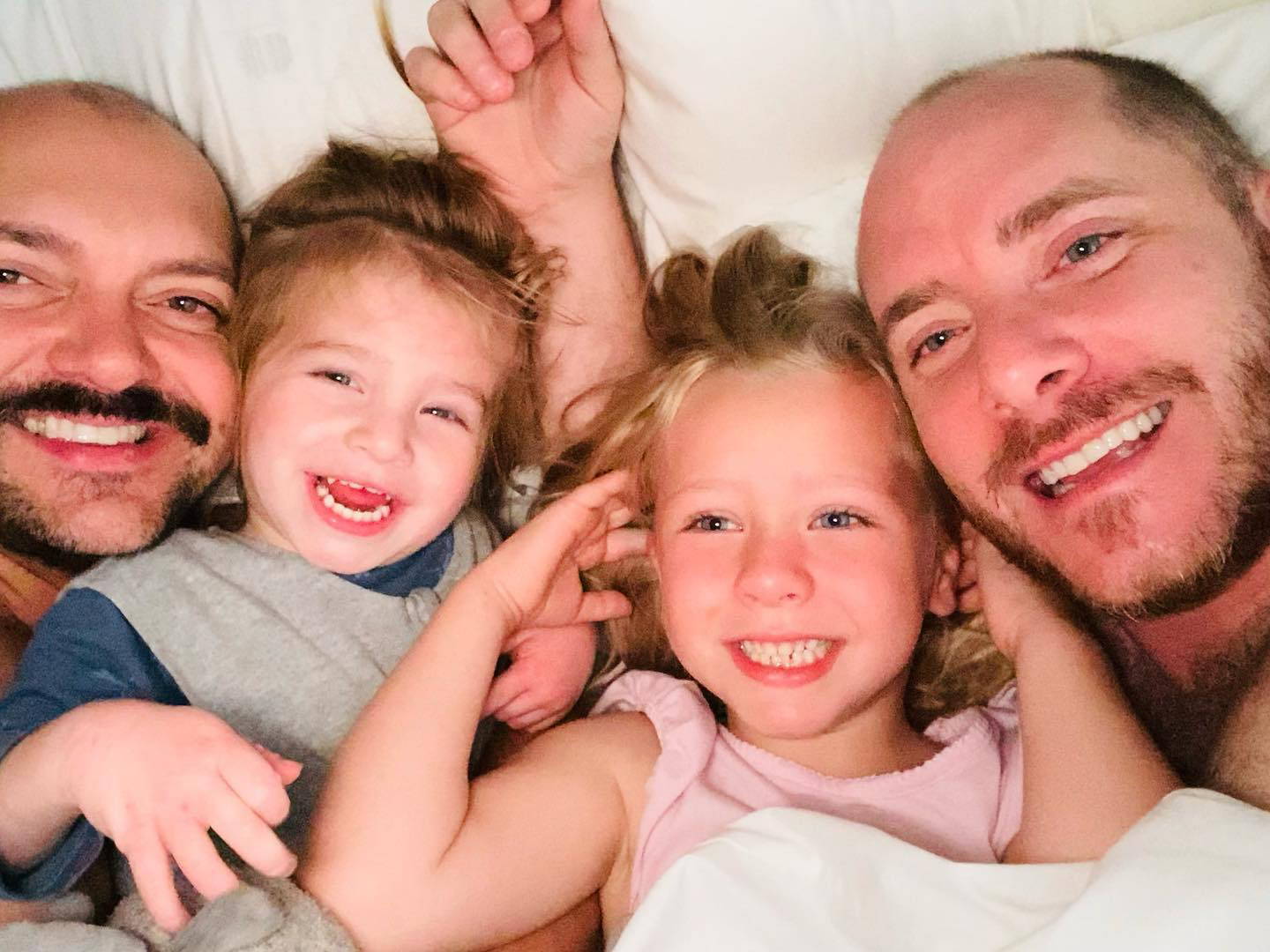
When it came to feeling connected to the pregnancy itself, how did you find that?
We were there at every scan and appointment because we wanted to be there, that’s why we chose surrogacy in the UK and not the States or Canada. What that meant was that when Caroline and we all turned up to the unit ready for a scan, Caroline would be called, her husband would get up. I would get up and Wes would get up. We would walk into a room and initially, in the early days, the response was, ‘no, only the real dads allowed in here’ – and that’s what we were faced with.
That didn’t sit very comfortably with us, so we obviously had to educate people. It’s not always great to do in a crowded room when you’ve got all of these other people watching thinking, why’s that woman going in with three men? So that got us some funny looks.
The upside of this is that we ended up helping every single NHS Trust re-write their policy with regards to ultrasound scanning and allowing intended parents and the surrogate’s partner to all be present. It was important that our surrogate had her husband with her because, why shouldn’t she? But it was also important that both parents – we’re not birthing partners, we’re parents – that we also see that heartbeat for the first time, that we also see the same things that any other new intended parent gets to see. We wanted to have those firsts too.
That didn’t exist in 2015/16 so by us campaigning for a more effective policy, we were able to re-write this with the Department of Health and Social Care and NHS England to include intended parents and the surrogate’s partner in the entire process, which was great.
And how about the actual birth? How were the midwives with you and how did they include you at that moment?
Along our journey, there were a number of things that we had to compromise on. Caroline was having an elective caesarean; it was what she wanted. She’d had four complicated births and couldn’t have a vaginal birth so that was her choice and we supported that. Because that meant going into surgery, the hospital had said we could have a room right next to the surgery and then Caroline’s husband can bring you your baby. The idea was that Dave would tell us whether we had a boy or girl, and he would bring our baby into us as we wanted him to be a part of the process too as he supported Caroline throughout. So that was one of the compromises we had to accept, that we wouldn’t see our children being born.
But, when we were in our side room, Caroline was taken into theatre and Caroline was all prepped. The moment came when Dave came into the room, but he wasn’t holding the baby, so we said, is everything okay? Our hearts dropped. He said, get some scrubs on because the theatre manager and the consultant want you both to see your baby being born. I get goosepimples every time I say it…
Hurry up and get some scrubs on because you can’t miss the birth of your child!
We ran into theatre, threw on some scrubs and we watched Talulah being welcomed into the world, literally being wriggled out. Smack on six o’clock in the morning and it was the most wonderful thing I’ve ever experienced because not only did we fall in love more with Caroline and Dave, but we just saw our child being born and that was an experience. Because of that, we went back to NHS England and said, you can’t let intended parents miss this because we’re not birth partners- this is how the previous policy treated us. And we managed to change that too so that intended parents, even if it’s a caesarean, the surrogate can have their partner but also have the intended parents present. So, we never get to miss a birth again.
When we had Duke at the same hospital, right from the get-go it was noted that we would be in theatre to see our child being born.
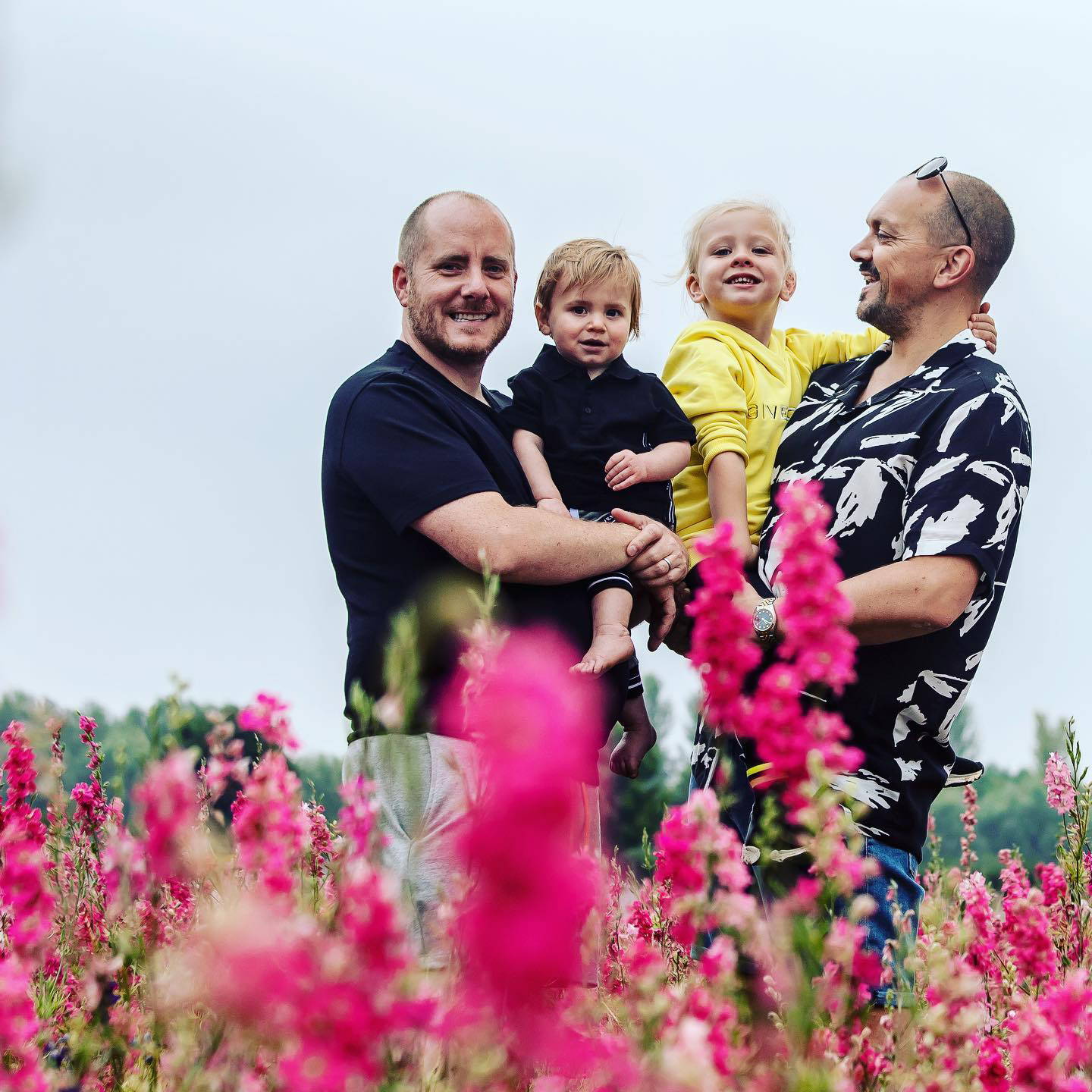
The fact that you’ve managed to now change NHS England’s policy on surrogates and intended parents being present at antenatal appointments and during birth is amazing. It’s such an achievement!
Thank you. It’s probably one of our proudest actually because every parent should see their child being born. I know Covid has been really unfair as many parents weren’t allowed to be present and that makes me really sad. But intended parents were always excluded from seeing their child being born if it was through a caesarean so we wanted to make that step a bit more comfortable for people, easier and more inclusive. Regardless of who you are, everyone should see their child being born.
Going back to Talulah and Duke’s arrival into the world. How have you explained to your children how they came to be?
It’s really cute actually. Talulah’s at an age where she understands it. She knows she grew in Caroline’s tummy because me and other daddy don’t have those parts to grow a baby. Talulah’s such an ambassador for where she grew and how she grew so that’s wonderful. She understands fully that Caroline grew her and Duke and that when the time was right, she handed them both over to me and Wes and then we took over to take care of them.
We’ve got some amazing books. There’s a book called Robot Baby which is a really good book around IVF and people that don’t have all the working parts to make a family – that’s a great one. There are some other good surrogacy books which we’ve read to the kids too.
Duke’s a little bit young. He knows he came from Caroline’s tummy. Talulah actually thought for a while that Caroline grew every surrogate baby so when she met another child on holiday whose parents had had a surrogate, Talulah asked if they’d grown in Caroline’s tummy! We then had to explain that Caroline isn’t the only surrogate but that was quite cute.
We’re obviously open and honest with the kids about how they came into the world, and I think that’s the right thing for the welfare of any child, for them to understand fully how they were created.
We have a school WhatsApp group, and we get so many messages from parents that thank us and say, not only can we talk about families that have two daddies or two mummies, we can also talk about the fact that surrogacy exists and what that is, rather than the stupid stuff you see on Coronation Street or on Hollyoaks, that’s not reflective of what surrogacy is.
So children are learning about all different types of families because of Talulah!
So for anyone watching this that is thinking of going down the surrogacy route, what would your best bit of advice be to them?
Surrogacy isn’t a sprint and if you’re joining it as a heterosexual person, you’re joining it from loss and infertility and that hurts my heart. If you’re joining it from an LGBTQ+ point of view, then it’s often the first point of celebration and it’s exciting. So just sit with it, bear with it – get support and speak to the right people. The gov.uk website has a great load of information on there and equally, head to mysurrogacyjourney.com and there’s a load of information there where you can read more.
Thanks so much for taking the time to speak with us, Mike!
To follow Mike and Wes’ parenting journey, make sure to give them a follow on @twodsds.u.k on Instagram.

